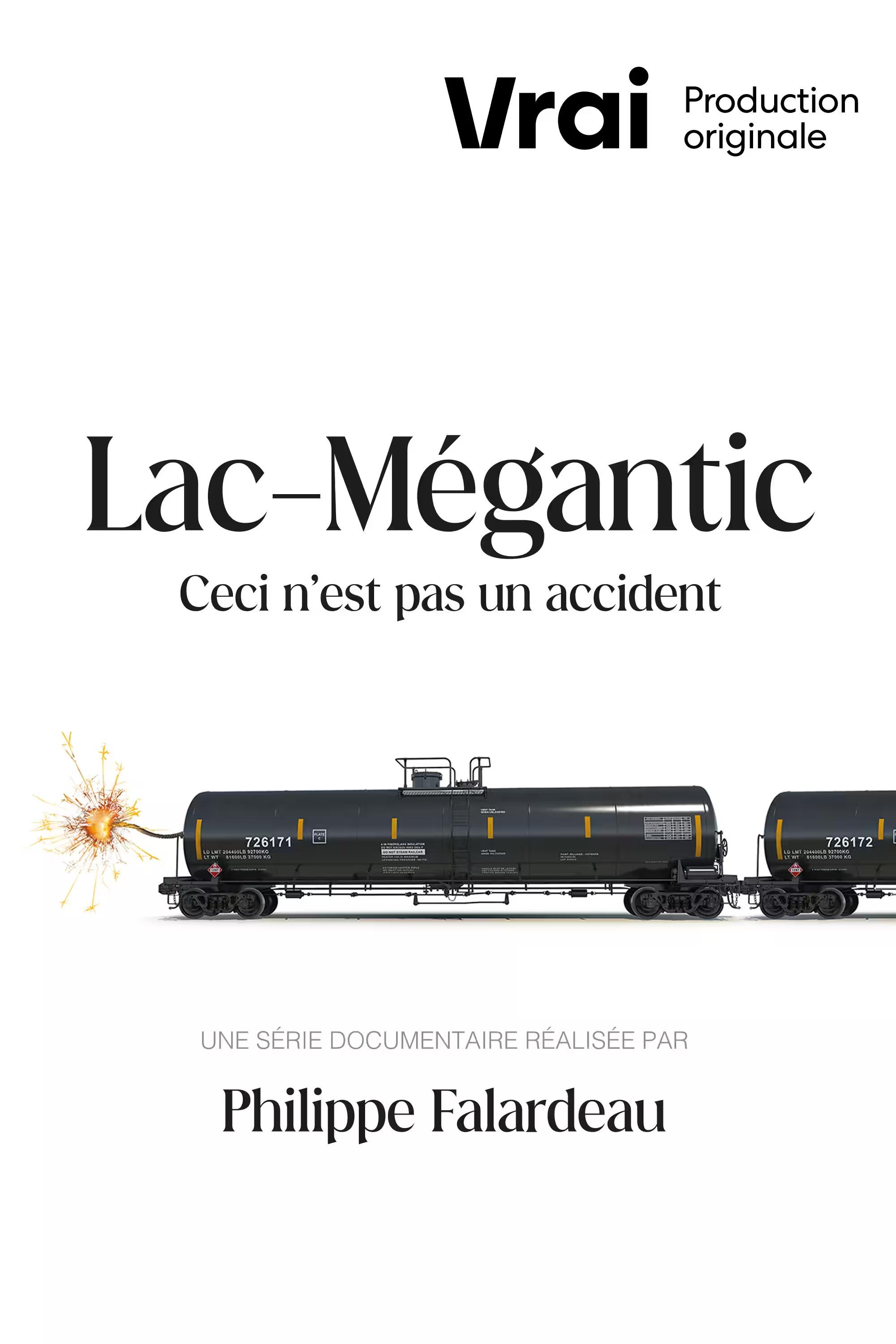
Lac-Mégantic investigates one of the worst oil train tragedies in history: a foreseeable catastrophe ignited by corporate and political negligence.
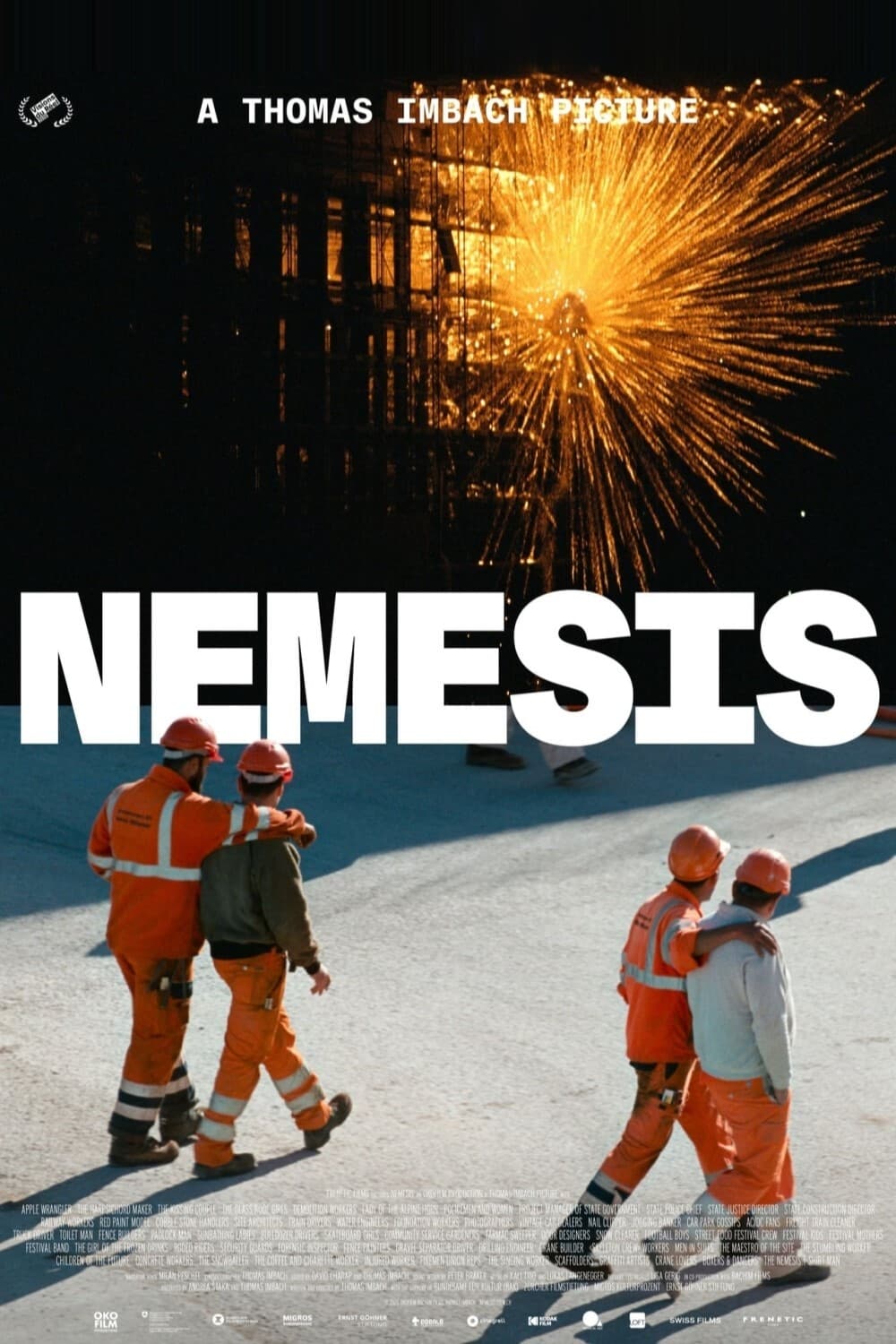
The film explores the destruction of a unique train station in Zurich and the construction of the new prison and police centre in its place. From the perspective of the filmmaker’s window, and with testimony from prisoners awaiting deportation, the film probes how we deal with the extinction of history and its replacement with total security.
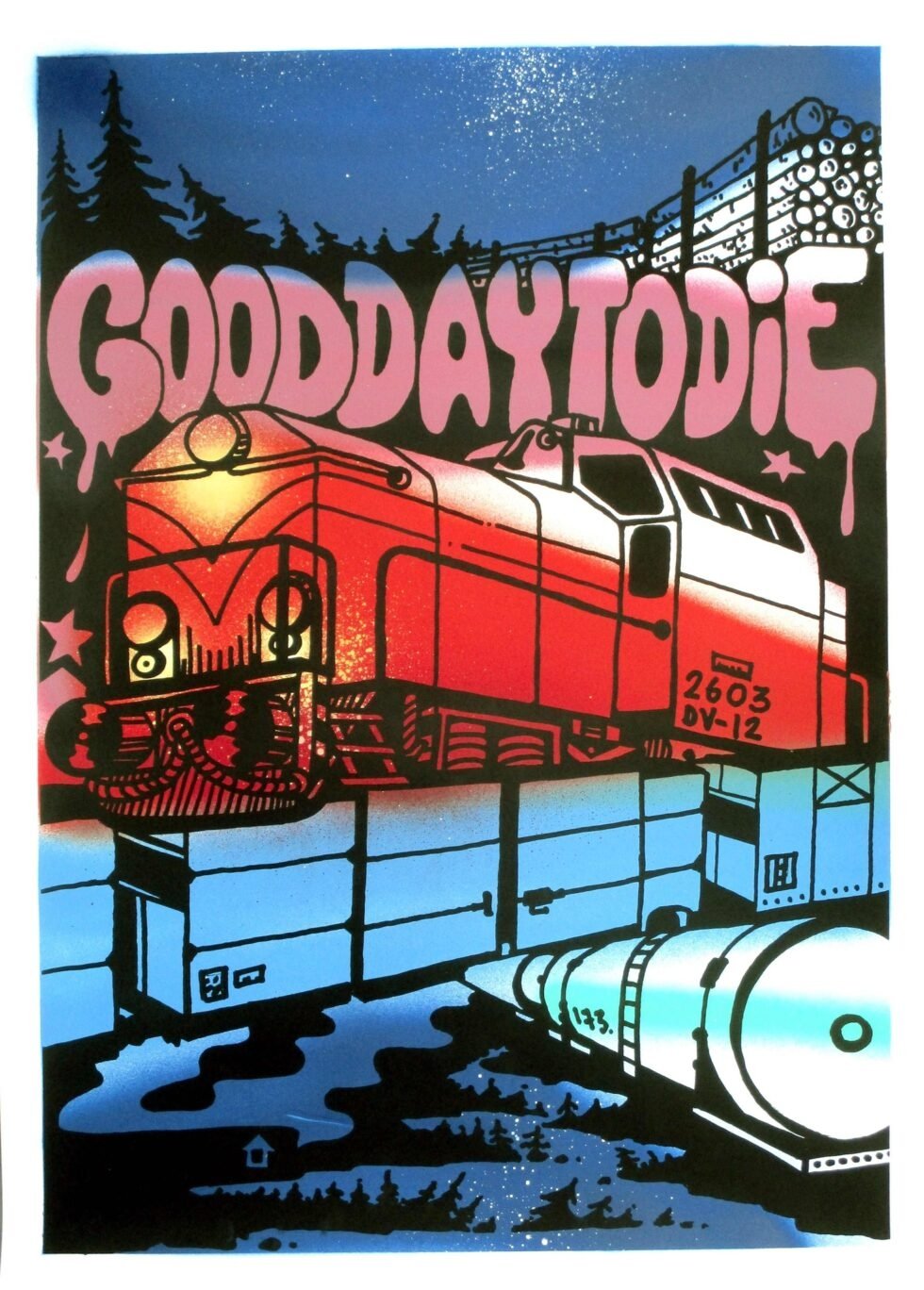
Several films have been made about the lives of train hobos, but Aleksi Pohjavirta's A Good Day to Die is probably the first Finnish documentary on the subject. The film follows Billy, who travels in a pump on freight trains. In the way of life, the feeling of freedom and letting yourself be carried away by chance are attractive and they make the train bomb strive for a windy ride again and again.
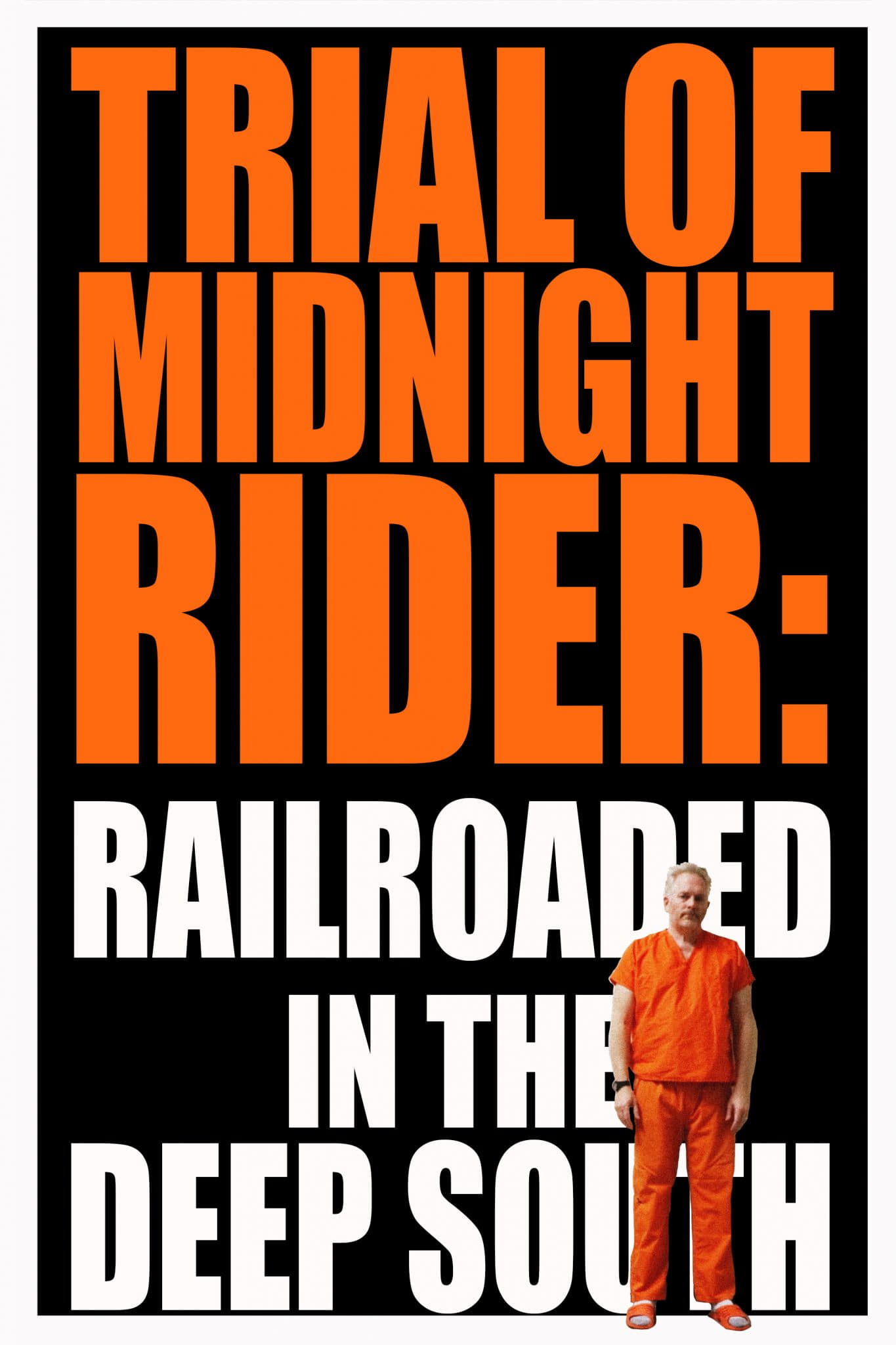
An unexpected speeding freight train ploughs into the film crew, a camera assistant is struck and killed by the locomotive. The film's director is subsequently charged with criminal trespass and involuntary manslaughter. An Australian crime author starts to dig and an exhaustive three-year investigation ensues, uncovering shocking new evidence of cover up, collusion and corruption.
A short film documentary about the reconstruction of Lac-Mégantic following the 2013 railway tragedy.
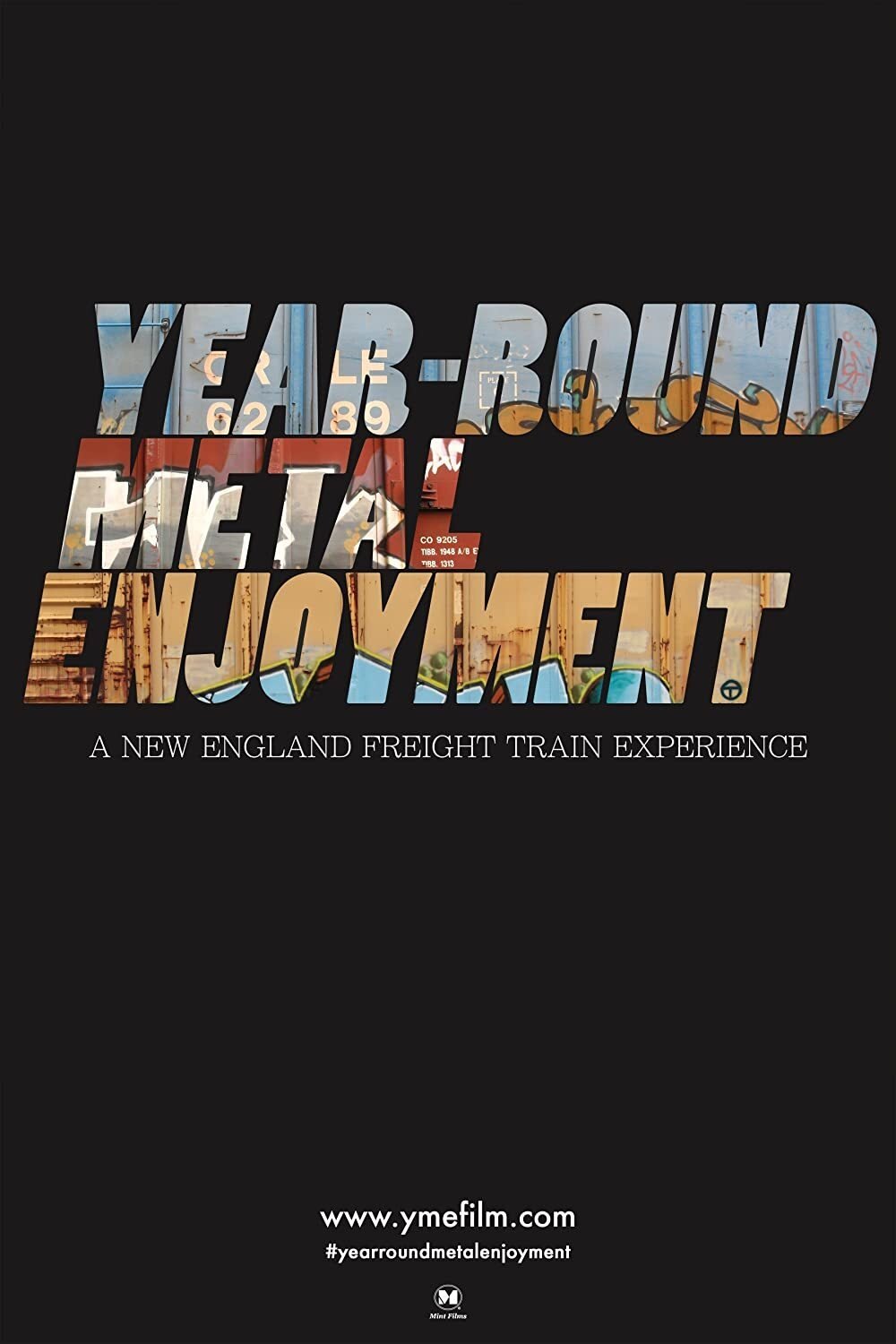
Year-round Metal Enjoyment explores the New England origins of North American freight train graffiti, tracing the narratives of several members of the prolific YME and Circle T crews, and giving unparalleled access into the fastest growing subculture in the graffiti movement. Challenged by the illegal nature of their passions, dangerous locales, and the pressures of a society that will not accept or understand them, these artists reveal what drives them to return, time after time, to execute their artwork on a canvas that is forever changing, moving and vanishing into oblivion. Both snapshot of a fading history and love-letter to the trains themselves, Year-round Metal Enjoyment captures the voices, faces and thoughts of artists, railfans and train-workers alike, while showcasing the unlikely beauty of the trains in their environment.
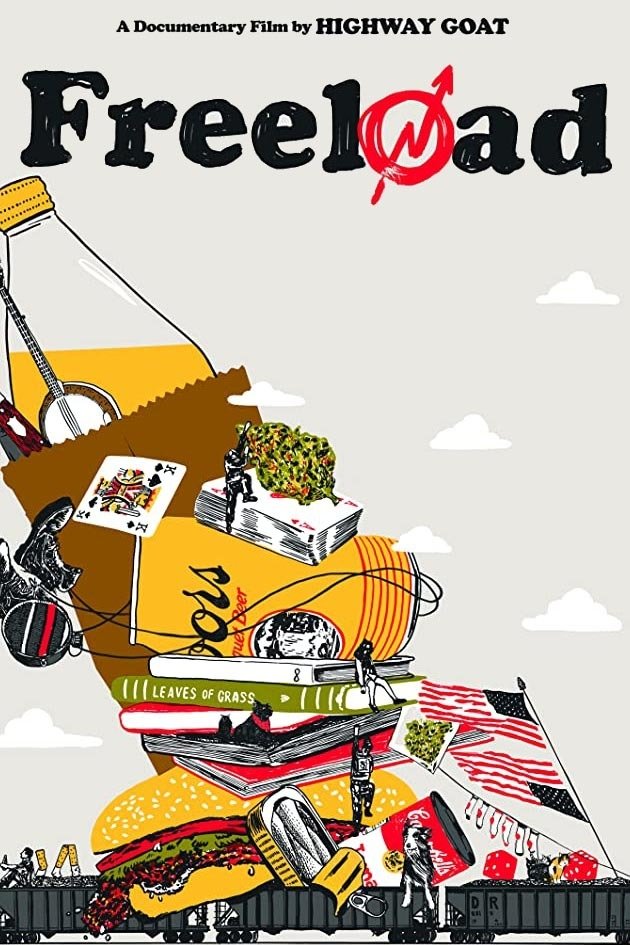
Just as the original hobos of the early 20th century were scorned the mainstream of society, so too are today's train riders. FREELOAD is a dive into a beggar's existence. It is a ride through America's backyard. It is a musical endeavor that feels like a drama. It is a sociological examination of the ignored.
Donner Pass – the name evokes daunting obstacles with good reason. Steep grades and seven months a year of winter weather put a railroad's resources to the test. Yet the need to transport goods over the Sierras produces a nonstop parade of trains over this famous line, and that was especially true in 1988 when Video Rails captured incredible Southern Pacific action over Donner Pass. Starting at the classification yards in Roseville, California, you'll follow Southern Pacific's trains up and over "The Hill." SP's 6-axle SD40s, SD40T-2s, SD45s, and SD45T-2 tackle 138 miles of up to 2.4 percent grades. Up to 11 units are needed for the climb. The standard arrangement for these 10,000-ton trains is 4 by 6, with four engines leading and 6 mid-train helpers, but you'll also see long trains with six units leading, six mid-train helpers, and an end-of-train helper.
Experience the power of the mighty Union Pacific as it conquers its toughest run, the Blue Mountains of eastern Oregon. Packed with the thrilling scenes of the latest GE wide cab diesels, Volume 1's dramatic footage covers all the excitement from La Grande to Huntington. You'll climb out of the Grande Ronde Valley from La Grande on the way to Antelope Canyon and North Powder. Race across the Baker Valley and enjoy scenes from Quartz, Encina, the famous Oxman curve and through the Burnt River Canyon.
Experience the power of the mighty Union Pacific on its toughest run, the Blue Mountains of Eastern Oregon - in the dead of winter! Video Rails brings you the finest contemporary Union Pacific footage. You'll travel the "snow zone" of the Blue Mountains, from North Powder to Meacham. Climb up two steep grades to the summits at Telocaset and Kamela, and across the Grande Valley through La Grande, Oregon.
See the Union Pacific fight and win as it takes on the Blue Mountains of eastern Oregon - the toughest challenge UP faces! Loaded with spectacular cab rides, Volume II hits all the highlights of this dramatic mountain district from La Grande to Hinkle. Scale the Blue Mountains from La Grande through Hilgard and Motanic to the summit at Kamela. Ride the cab of a new GE Dash 8. Get an engineer's view from a helper set on the rear of a UP freight. Experience Meacham Creek Canyon, the Umatilla River, Pendleton, and much more all in this exciting video!
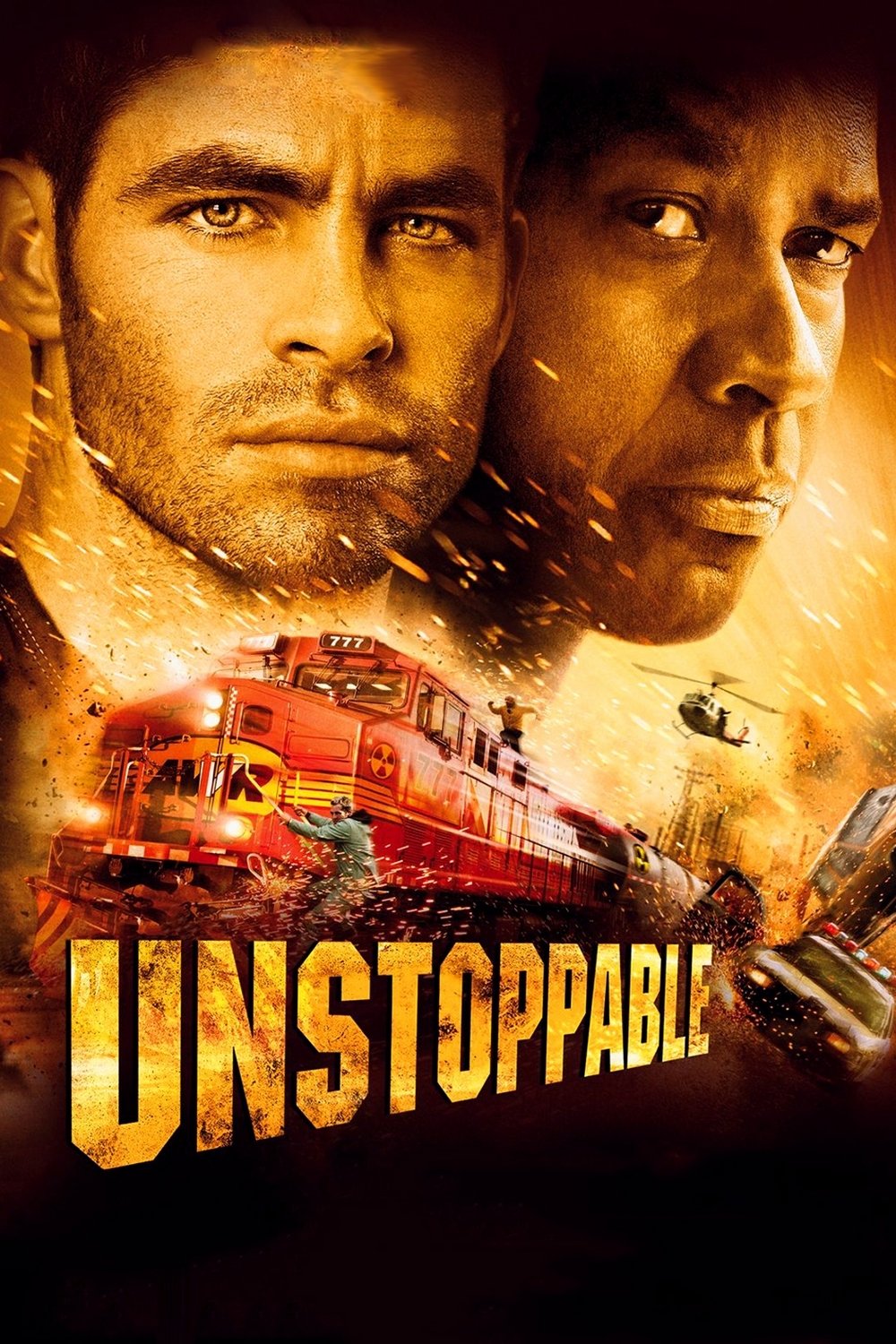
When a massive, unmanned locomotive roars out of control, the threat is more ominous than just a derailment. The train is laden with toxic chemicals, and an accident would decimate human life and cause an environmental disaster. The only hope of bringing the train to a safe stop is in the hands of veteran engineer Frank Barnes, and young conductor Will Colson, who must risk their lives to save those in the runaway's path. Inspired by true events.
In the decade they were operated, Union Pacific's 8500-series Gas Turbine Electric Locomotives earned two nicknames: UP dubbed them the "Super Fleet" for obvious reasons as they were the largest, most powerful locomotives ever employed by the railroad. More often the Turbines were referred to as "Big Blows" due to the deafening roar of their engines. Thirty of these GE-built giants were delivered to the UP between 1958 and 1961. Used primarily between Ogden, Utah and Green River, Wyoming, where the tough grades of the Wasatch Mountains required UP's sturdiest power, these monsters could log up to 10,000 miles a month hauling heavy mixed freight and coal trains. The 8500 series were permanently coupled six-axle units running on C-C trucks, and their prime mover was the most powerful ever used in a locomotive. The operating weight for the A and B units combined was close to 850,000 pounds, yet they could attain speeds of up to 70 mph!
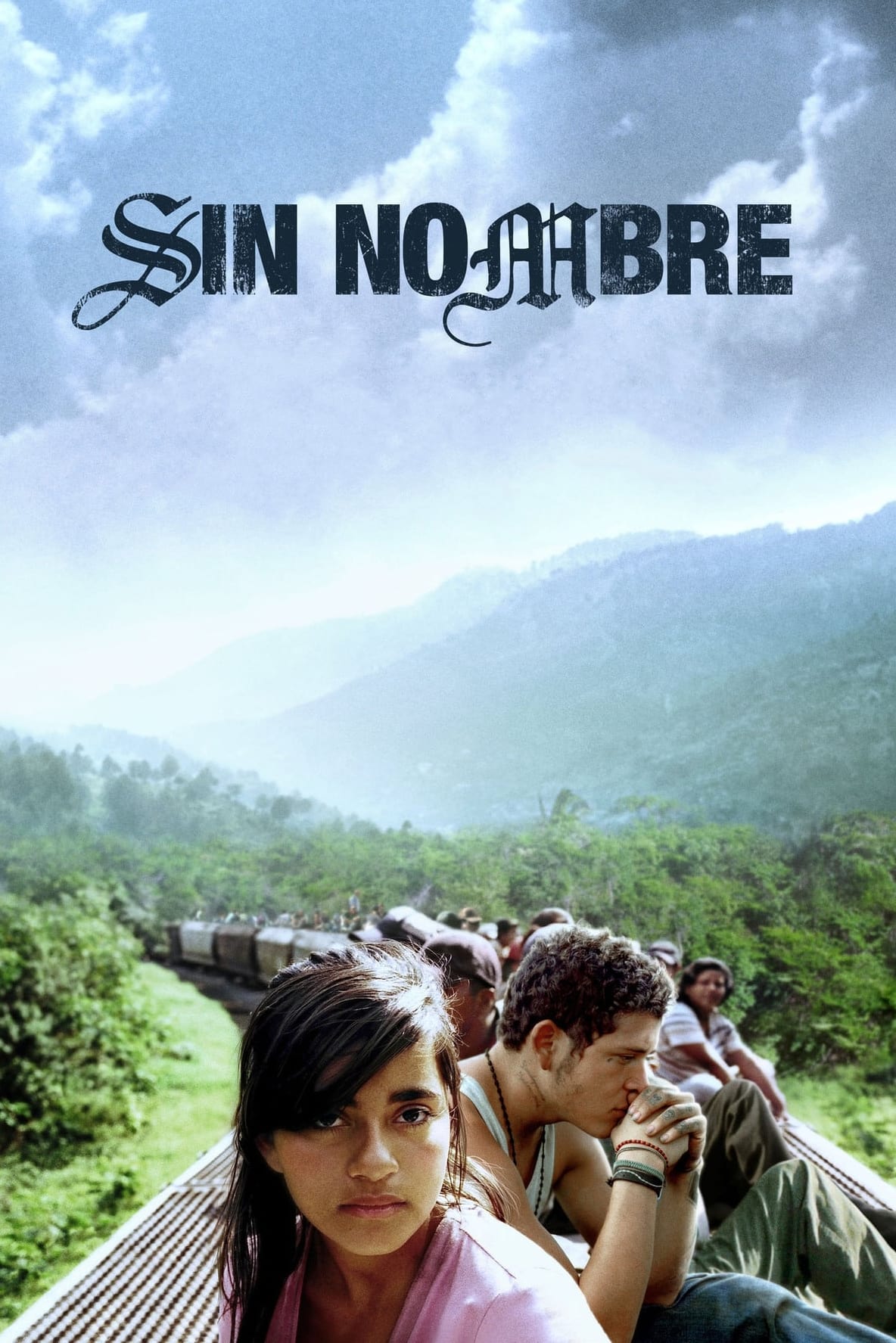
Sayra, a Honduran teen, hungers for a better life. Her chance for one comes when she is reunited with her long-estranged father, who intends to emigrate to Mexico and then enter the United States. Sayra's life collides with a pair of Mexican gangmembers who have boarded the same American-bound train.
The most complete and comprehensive collection of railroading films ever compiled on any subject - the Anthony DeRosa collection on the Great Northern. Shot in 8mm color film over a 40 year period, this collection covers the GN route from Seattle to Superior. This will be a stunning series of videos that brings you rare and spectacular scenes that you have never seen before. Volume 1 covers the iron ore operations, including the mines and ore docks, from Kelly Lake to Allouez, St. Paul, and Superior. You'll see the mighty N-3 class 2-8-8-0's in action.
The most complete and comprehensive collection of railroading films ever compiled on any subject - the Anthony DeRosa collection on the Great Northern. Shot in 8mm color film over a 40 year period, this collection covers the GN route from Seattle to Superior. This will be a stunning series of videos that brings you rare and spectacular scenes that you have never scene before. Volume II covers the diesel locomotives that are common to everyday use across the vast Great Northern system, including Northern Pacific and SP&S diesel power. You'll also see GN's mighty electrics!
The most complete and comprehensive collection of railroading films ever compiled on any subject - the Anthony DeRosa collection on the Great Northern. Shot in 8mm color film over a 40 year period, this collection covers the GN route from Seattle to Superior. This will be a stunning series of videos that brings you rare and spectacular scenes that you have never scene before. Volume III covers the vast fleet of steam power from the smallest 0-6-0's to the mighty 2-8-8-2's, including scenes of Northern Pacific and SP&S steam power in action. You'll also pace a huge R-2 class 2-8-8-2!
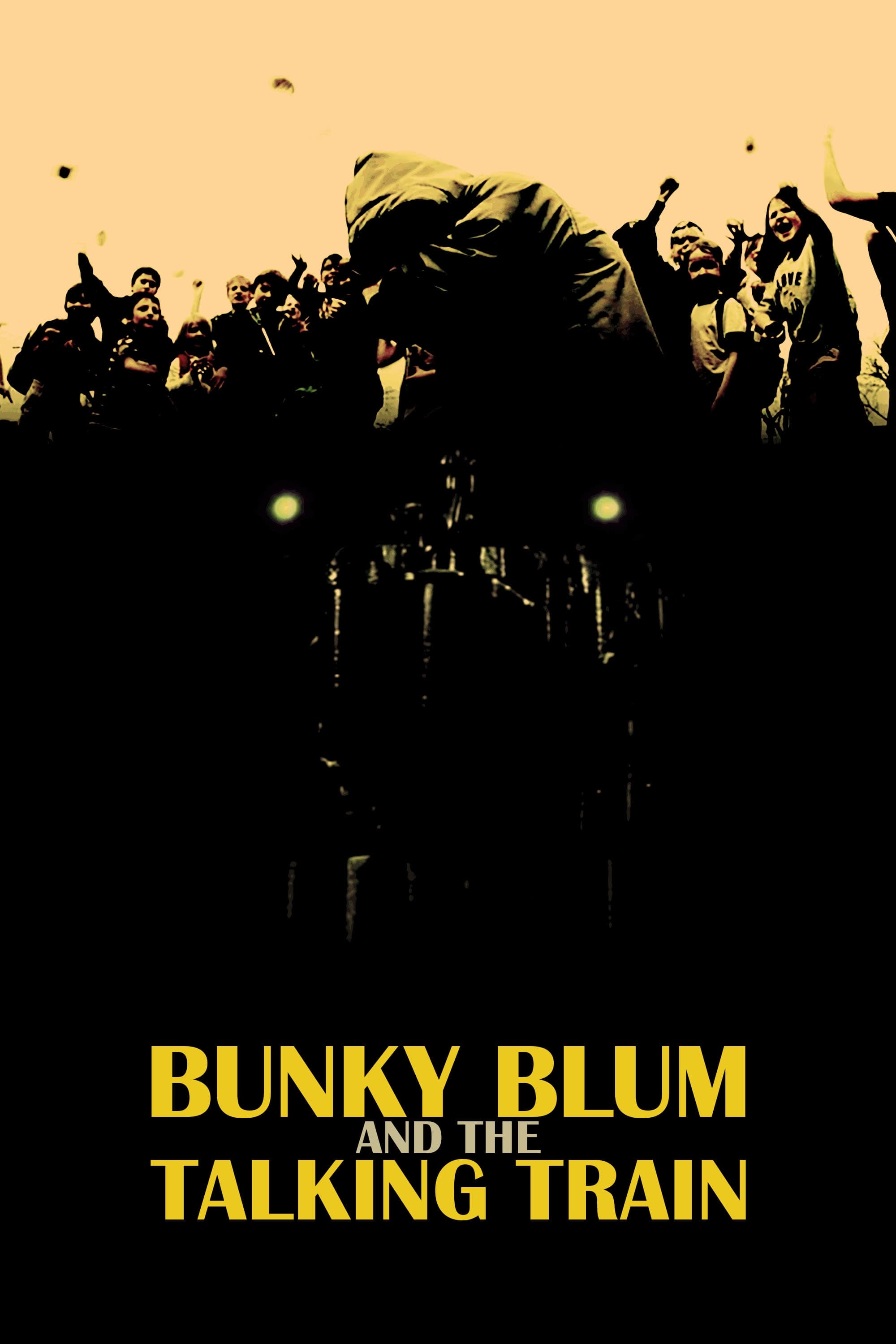
Bunky Blum is picked on in school. His only peace comes during lunch hour, when he and his mentally ill Mother eat McDonalds and visit a talking train named Train. The 83 year-old train is now a caged monument in the center of a children's park. However, Bunky believes that the train will break out of its confines and save him from the bullies of the schoolyard. When Bunky realizes that the train is not magical, all hope is lost and Bunky has a moral melt down. In a fit of rage, Bunky punches a girl in a wheelchair. The unsympathetic move lands Bunky on the losing end of a full out brawl. Bunky's Mother witnesses the schoolyard violence and she erupts into her own fit of rage, which ultimately sends her back to the psych ward. In the end, Bunky is left without hope, without family and without security. He returns to the old train to make a final plea for vengeance. But Bunky's giant steal savior has not come for vengeance. Rather, it offers Bunky what he needs, a shush of peace.
With just six days remaining before Santa Fe was to be merged with the Burlington Northern, Pentrex set out to do something special to mark the occasion. It was decided to document these last few days of Santa Fe's independence by capturing the action along the Marceline Subdivision. Starting at Fort Madison, Iowa, we began a trek that took us across the isolated Missouri hills and river valleys toward Kansas City. Experiencing all types of weather, we had our share of both sunshine and rain as we relentlessly sought out photo locations along the double-tracked line. Step by step, and day by day, we made our way toward Kansas City, arriving there on the afternoon of Santa Fe's last full day, September 21, 1995.
Climbing gently from the tidewater ports near Portland, Oregon is the Columbia River Gorge'a wide, flat-water river passage that provides access to the inland agricultural regions of Washington and Oregon and divides the two states along most of their border. It is a spot of unparalleled beauty that hosts two railroad lines: BNSF to the north and Union Pacific along the southern shore. In Columbia River Gorge Volume I: BNSF's Fallbridge Subdivision, Pentrex explored the BNSF side of the Gorge, heading east from Vancouver, Washington to the arid desert mountains near the John Day Dam. Now, in Volume 2, we jump across the river to head back west toward Portland following Union Pacific's Portland Subdivision.
Esteemed for its scenic beauty and respected for the difficulty of its terrain, Tennessee Pass has been a magnet, drawing railfans and photographers to Colorado's mountains for years. When word spread that Union Pacific was closing the pass in 1997, interest climbed to an all-time high. Along with visitors from throughout the world, Pentrex traveled to this revered line to document its final months of operation. Our efforts were rewarded with a high volume of movements and an outstanding mix of trains. The grit of heavy-haul railroading is an awesome sight. Coal trains slug it out on the 3 percent grade leading to the 10,000-foot summit. Colorado's highest snow-capped mountains loom over toiling freights. Squealing flanges echo off canyon walls as trains grind through serpentine curves, and past the raging waters of the Arkansas River.
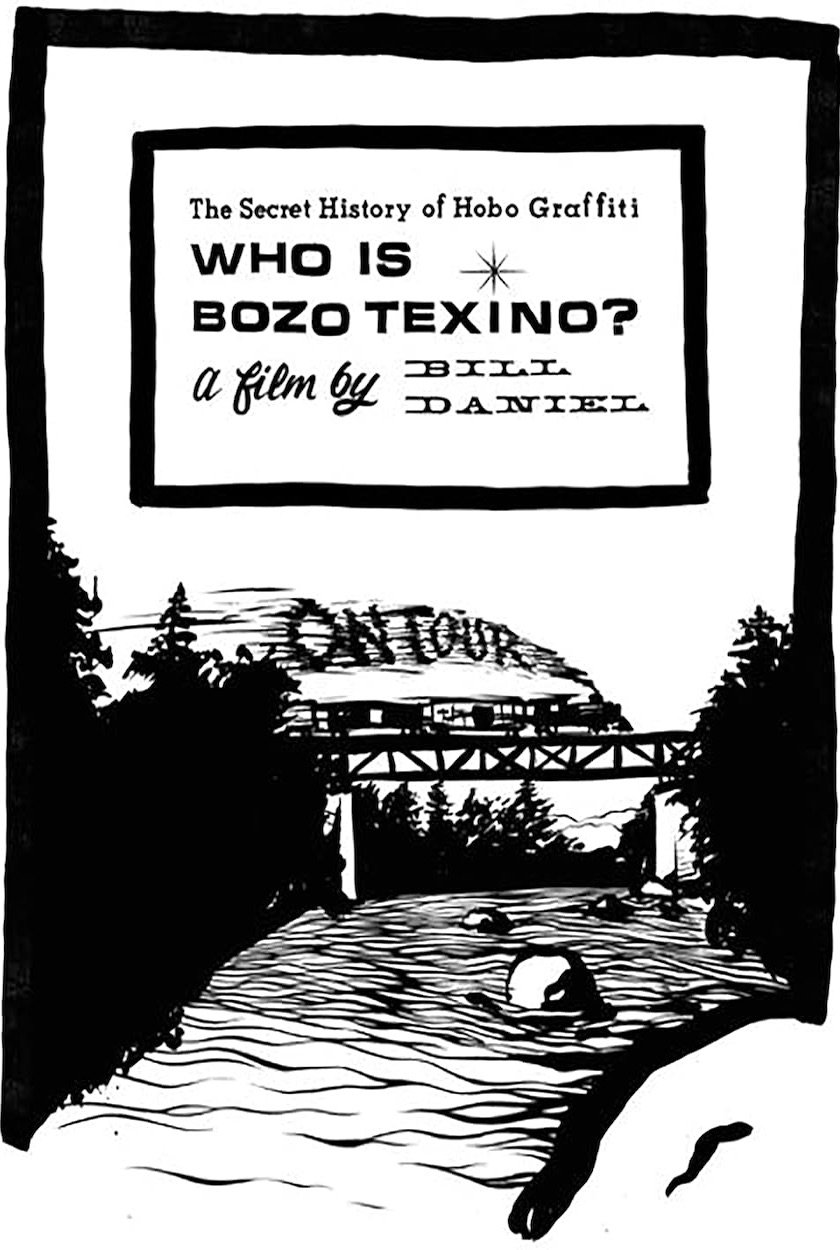
"Who Is Bozo Texino?" is a film study on the 100-year-old tradition of hobo and railworker graffiti. Mostly shot on freight trips across the western US, the film includes interviews with some of the railroad’s greatest graffiti legends: Colossus of Roads, The Rambler, Herby (RIP) and the granddaddy of them all, Bozo Texino. The film also catches some of the socio-economic history of hobo subculture from its roots after the Civil War to the present day. The range of the interviews, and the film’s style deal with both the clichés and the harsh realities of tramp life.
Savor images of Conrail action across the Pittsburgh Line, the very soul of this once mighty transportation giant, as captured during the late 1990s. See how Big Blue conquered the Allegheny Mountains and witness the diverse variety of freight it sent over the line. Huge intermodal trains powered by shiny new "Blue" diesels hustle doublestacked containers over the recently rebuilt right-of-way. Massive coal trains and high tonnage freights flow across the double and triple track of this most scenic and demanding stretch of railroad. Starting west of Pittsburgh at the massive Conway Yard, heading east through the Steel City, Greensburg, and Latrobe to Conpit Junction, we follow the trains into the heart of the Allegheny Mountains. The line comes down through Conemaugh Gorge to Johnstown. From here most eastbounds get helpers to pull tonnage over the mountains.
Tracing the eastern banks of the upper Mississippi River is BNSF’s St. Croix Subdivision, a mostly double-tracked route providing access for a nonstop parade of traffic from La Crosse, Wisconsin to Minneapolis/St. Paul, Minnesota. Pentrex takes you across the entire sub in the late 1990s, filming throughout the seasons to bring you a unique perspective on this important, busy line. Starting at the Grand Crossing diamond in La Crosse, where BNSF crosses Canadian Pacific trackage, we follow intermodal, coal, grain, taconite, manifest, and other trains along the shores of the Mississippi. Bald Eagles are seen circling overhead, boats ply the waters, and train whistles echo off the surrounding bluffs.
By browsing this website, you accept our cookies policy.